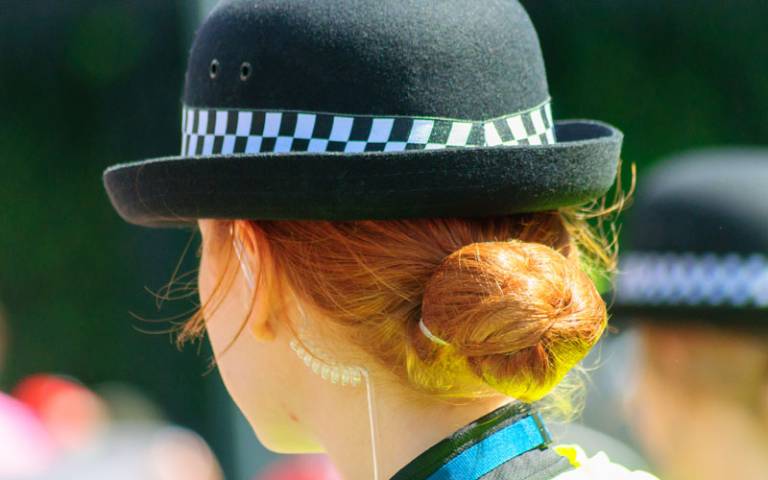Police: get the evidence
Assessing the evidence on graduate-entry police training

14 February 2020
The aim of this project, funded by the Home Office Innovation Programme, was to contribute to an evidence-informed dialogue about the nature, quality and purpose of police education.
Working with the College of Policing and the Mayor’s Office for Policing and Crime, the project involved several separate elements, carried out by researchers at UCL and Birkbeck, University of London.
The UCL team’s contribution to this project was:
a) A rapid evidence assessment of the UK research literature on analogous conversion courses provided for graduates entering law, teaching, and the social work profession.
b) A systematic review of the international literature about effective police training.
c) An assessment of organisational readiness to introduce the new DHEP from 2020 by interviewing staff in police force Learning and Development (L&D) Departments.
The findings overall produced five key insights:
- That there is currently a disconnect between theory and practice in police training, and that these need to be carefully integrated for the DHEP to effectively engender the appropriate knowledge, skills and attributes.
- Supportive mentors, tutors or line managers were crucial for encouraging the recruits to practice the reflective skills they had learned in training in the workplace.
- Graduates need appropriate teaching and learning methods, and potentially ‘top up sessions’ once in post to further develop their critical thinking skills.
- It is important that the tutors and field training officers, who work across the HEIs and force areas, work as a team; jointly designing the programme, working collaboratively throughout, including conducting joint evaluations and assessments of recruits’ skills.
- Police forces and HEIs need to work together to be able to articulate what a ‘good’ police officer looks like.
- Find out more ucl.ac.uk/security-crime-science/research
 Close
Close

